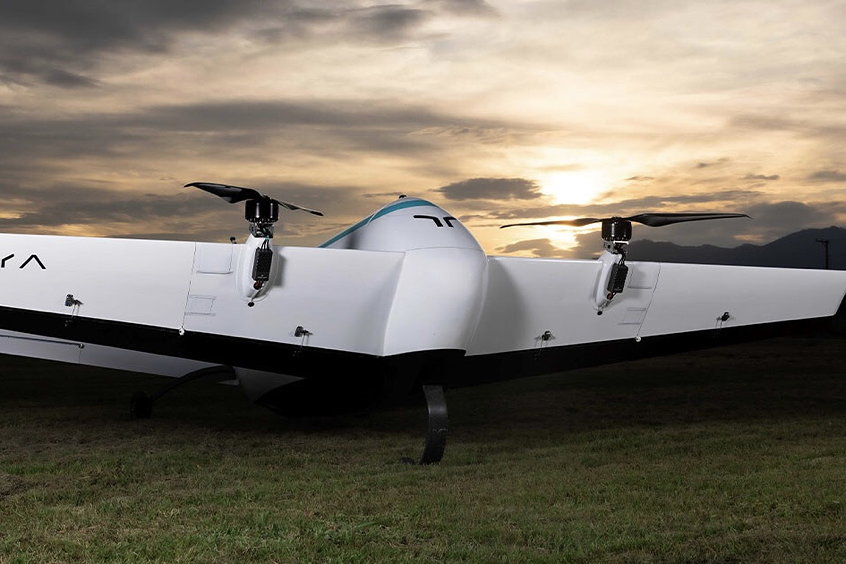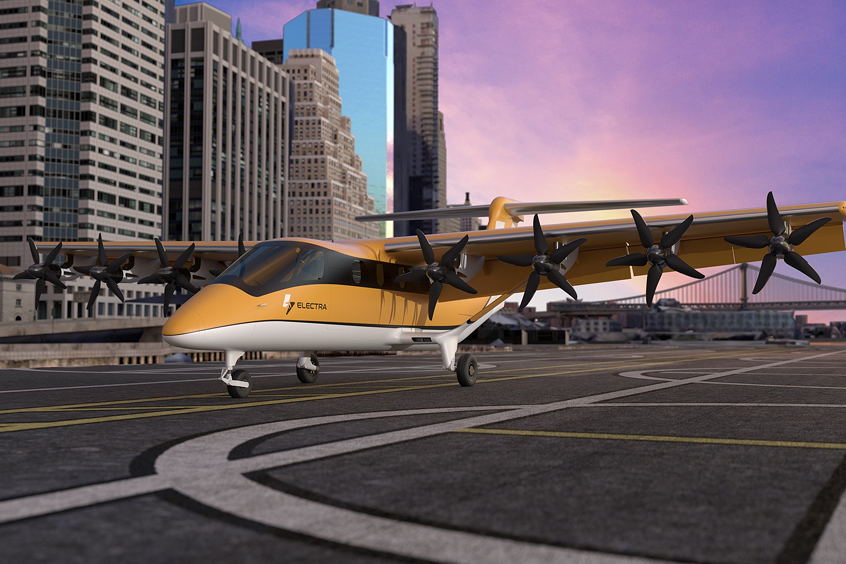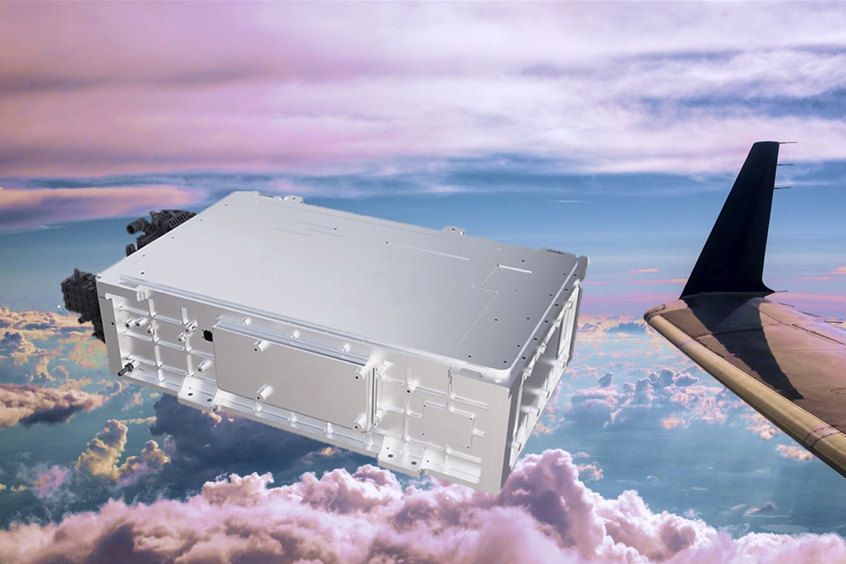CycloTech GmbH and Yamato Holdings Co., Ltd. have successfully completed a joint feasibility study on applying a new thrust vectoring propulsion technology, named CycloRotors, to create a mid-class cargo eVTOL (electric vertical take-off and landing) aircraft capable of precision landing into confined areas and able to handle challenging wind conditions, key features for urban airborne logistic operations. Both parties publish a white paper explaining the detailed outcome of this study.
The study incorporated two innovative elements: PUPA701 (Pod Unit for Parcel Air-transportation), developed by Yamato, and CycloRotors, an innovative 360° thrust vectoring aviation propulsion system developed by CycloTech.
The PUPA701 is part of the PUPA family of detachable and compatible cargo pods to be carried by eVTOL aircrafts or other advanced air vehicles. It enables a separate loading/ unloading sequence from the aircraft's process cycle to secure a safe and fast ground handling and efficient cargo logistics process. In the past years, Yamato has conducted multiple R&D efforts for this concept to realize a cargo eVTOL system that is highly feasible and able to be integrated into existing systems, reflecting its know-how on ground logistics that originates from its century-old business.
CycloRotors are based on the same principle as the Voith-Schneider-Propeller, successfully applied for decades for highly agile and stable ships in the maritime industry. The compact design and direct and instant control of magnitude and direction of thrust offer a natural, stable transition from hover to forward flight and superior maneuverability. The unique characteristics of CycloRotors give vehicle manufacturers unprecedented freedom in designing and operating aircraft and drones.
For the first time, the unique characteristics of CycloRotors were used to design a mission optimized unmanned cargo eVTOL, compact in size, stable in windy weather with precision landing capability into confined areas of 5 m in diameter, and capable of transporting 45 kg payload over a distance of 40 km.
The design features a battery powered, distributed electric propulsion system configuration with 6 omni-directional thrust generating CycloRotors ensuring safety in flight and during take-off and landing, as well as stability in crosswinds of up to 36 kt (18 m/s). Its compact design of only 2.7 x 2.5 m square footprint offers unobstructed, ergonomic access to the PUPA701 bay. All operations can be handled from one side, be it loading and unloading the payload, complete swap of the pod or charging or exchanging batteries. It ensures flexible, fast, safe and ergonomic handling, minimizing hazards to the operator or the vehicle. With this, short turnaround times and easy logistics operation for a highly efficient aerial last-mile delivery can be performed. The design is based on extensive calculations, wind tunnel testing, and the first flights of a technology demonstrator.
As the advantage and feasibility of CycloRotor-applied cargo eVTOL aircraft have been successfully discovered, Yamato will accelerate pursuing the realization of a high value-adding airborne logistics operations with the technical premises expanded by this study. CycloTech will continue creating innovative, customized solutions with CycloRotor technology as a competent aviation partner to any vehicle company or operating service company in the years to come.
| Contact details from our directory: | |
| CycloTech GmbH | Airframer |
| Related aircraft programs: |
| CycloTech CruiseUp |
| Related directory sectors: |
| Rotors & Propellers |
| Power Transmission |
Weekly news by email:
See the latest Bulletin, and sign up free‑of‑charge for future editions.

Altair collaborates with aerospace startup Moya Aero to develop eVTOLs

Electra reveals design for EL9 hybrid-electric aircraft
Piper Aircraft achieves AS9100 certification
